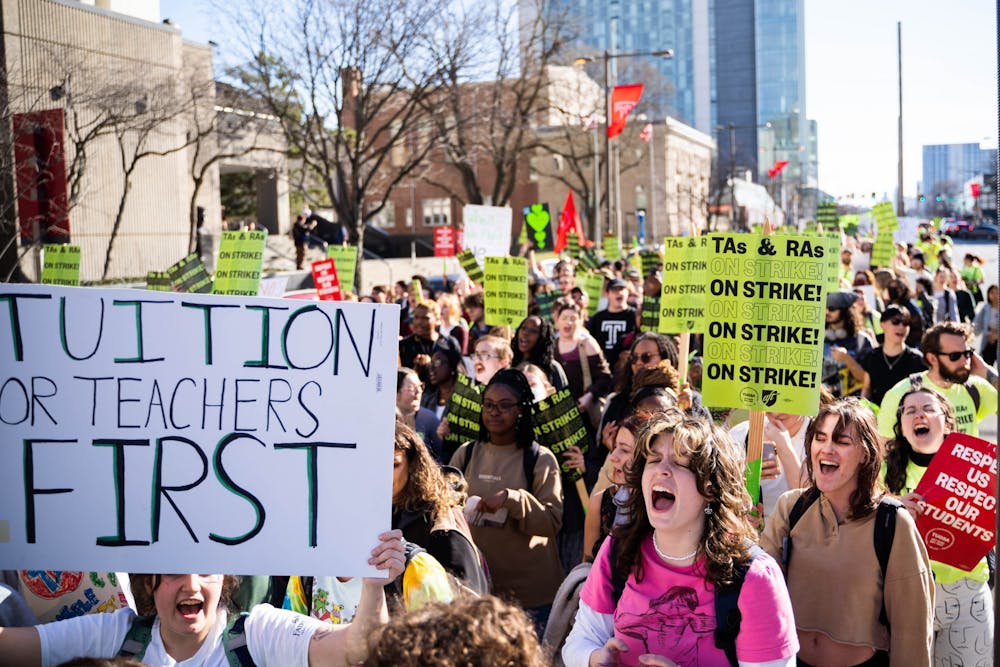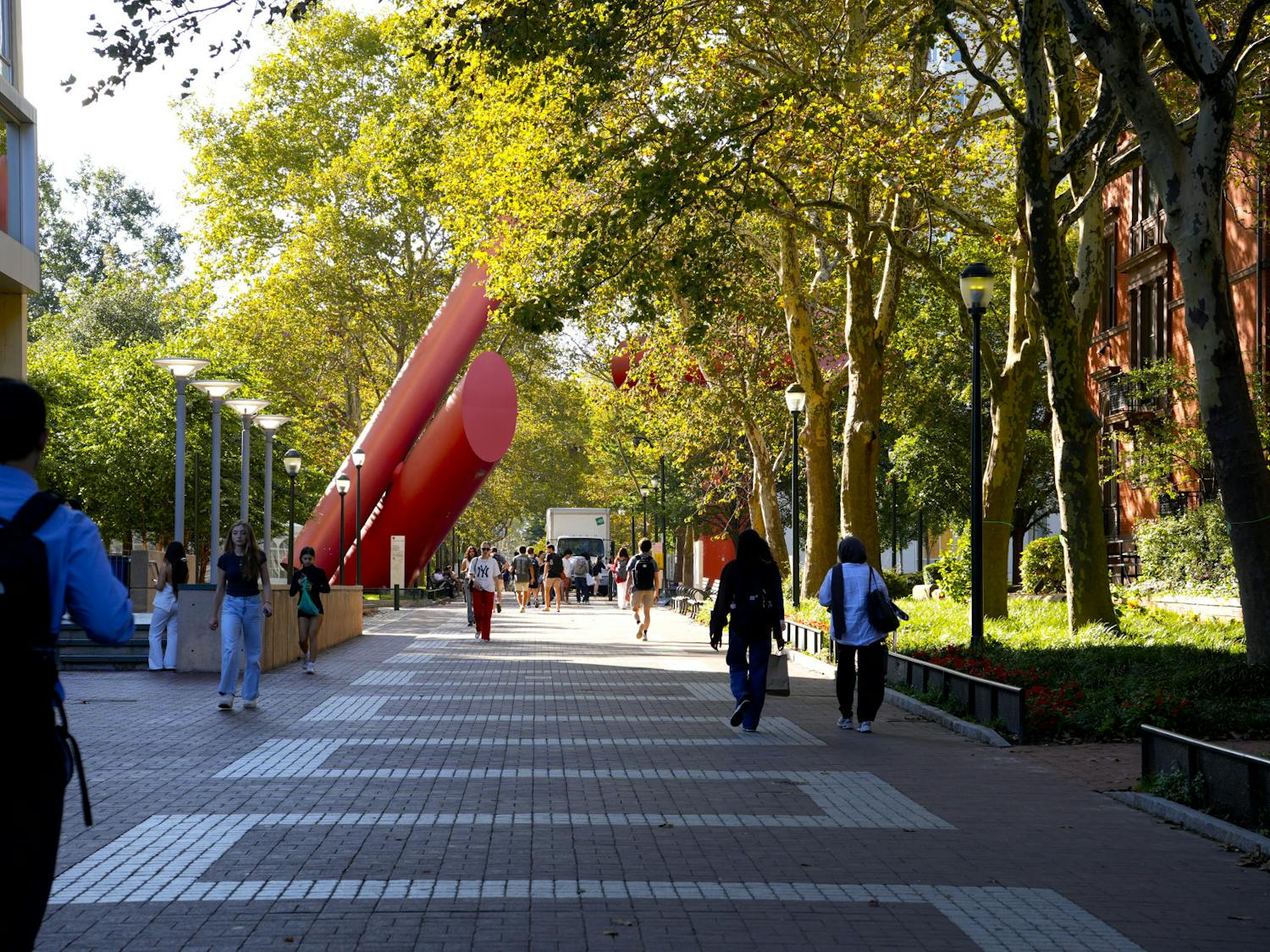As Penn student workers begin their unionization effort, Philadelphia community members reflect on the end of Temple University Graduate Student Association's 42-day long strike and what it means for future union efforts.
TUGSA's new contract, which was reached on March 13, includes a pay increase from $19,500 a year to $24,000 a year for graduate student workers with nine month appointments. Workers with full-year appointments will receive a raise to $32,000 a year, just shy of the $32,800 a year salary that the union called for.
“I think that this is as good a deal as we could have hoped for. It gets us at least a foot in the door for everything that we asked, and in some cases, we got everything that we asked. It [sets] an important precedent that we can hopefully build on,” Reagan Davis, a political science Ph.D. student at Temple University and TUGSA member, said.
According to Davis, on top of increased pay and benefits, the contract also included stipulations that will facilitate the growth and strength of the union in the long run, such as the improvement of grievance procedures and a work review committee.
“I was happy that they were able to reach an agreement. To me, that seemed like the 42-day strike was successful in the sense that they got Temple to the table and at least got something that the union was at least somewhat satisfied with,” Robert Watson, University of Pennsylvania Carey Law School third year and president of the Graduate and Professional Student Assembly, said.
Since the TUGSA strike ended, former Wharton Vice Dean Jason Wingard, resigned as the president of Temple after the Temple faculty union’s authorization to hold a vote of no confidence against Wingard and two other university administrators.
David Kazanjian, professor of English and communications secretary of Penn's American Association of University Professors, noted the greater implications of the recent developments in Temple’s administration.
“The previous leadership failed, and they are paying the price for that. That should put off all administrators, including Penn administrators, on alert for the power of their workforces," Kanzanjian said.
RELATED:
Workers at 34th and Walnut streets Starbucks participate in nationwide strike
Over 1,900 Penn student workers begin unionization effort, citing inadequate support
David linked the TUGSA strike to other academic labor struggles, like the Rutgers’ faculty and grad student unions strike and the Penn's various unionization efforts.
“I think there’s a lot that can be learned from the TUGSA strike about the dynamics of the complex relationship between a university and its graduate students, and how that relationship should not be approached,” Sam Layding, graduate student in the School of Engineering and Applied Science and member of AAUP—Penn, said.
Temple, Penn, and Rutgers' strikes are part of a higher education strike wave currently sweeping the nation.
“People who are in academia are here because it’s their passion. I think anybody who’s passionate enough to dedicate themselves to this kind of a project, this lifelong learning project for a university, deserves security in what they’re doing,” Layding said.









